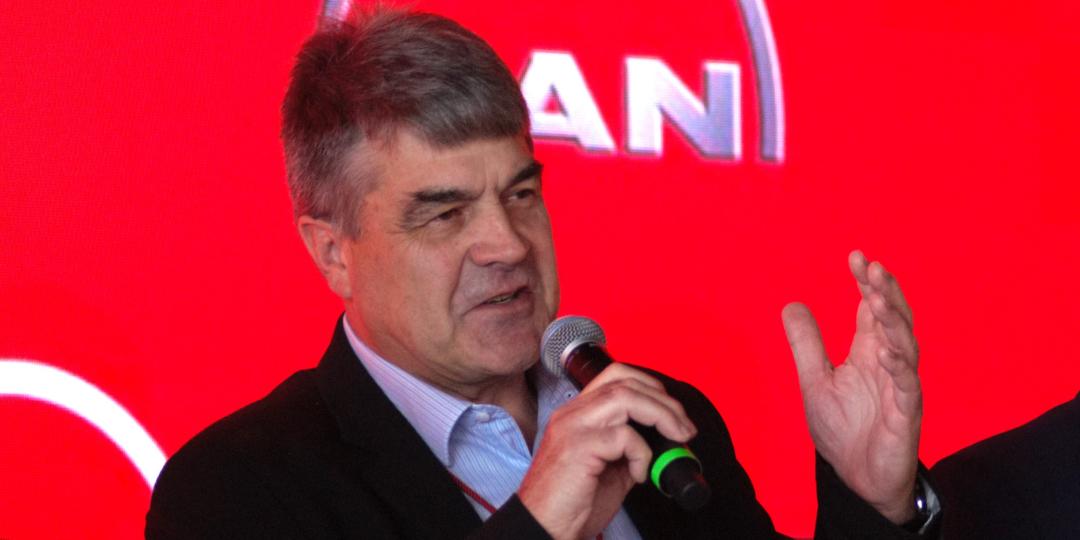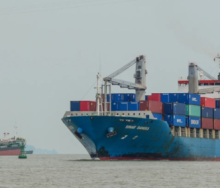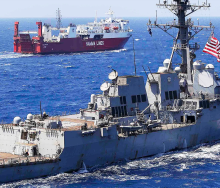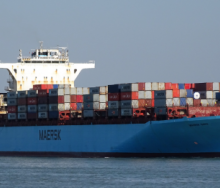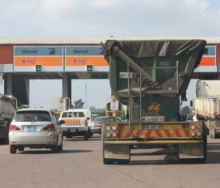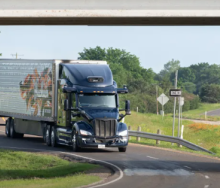The threat by Transnet to halt all export road delivery to the Port of Richards Bay to try to ease a trucking gridlock at the port could cause the economy to tank, so it’s not the solution to the problem – handing it over to the private sector is.
The chief executive officer of the Road Freight Association (RFA), Gavin Kelly, issued a stinging statement in response to Transnet, through RCB Terminals (Richards Bay), which circulated a notice last week that it would suspend the receiving of all cargo that is brought to the port via road freight.
“The RFA has a very clear proposal: Give the ports and the railways to the private sector. Let us run these efficiently and sustainably.
“The promises of concessions (of port terminals) and access to rail have all evaporated. Empty promises!
“Logistics is a private sector game. Decent and good competition is required to ensure we move goods (and even people) along the corridors of our country,” Kelly said in the statement.
“No, Transnet – the answer is not to close the port because you cannot efficiently and sustainably do the work required. You are killing the country!” he said in his statement.
Challenging Transnet’s motivation for the extreme lockout of trucks delivering exports as “road congestion in Richards Bay has reached uncontrollable levels”, Kelly said the first question to ask the state-owned logistics utility, and indeed the president, is why this congestion has arisen.
“Simply – the rail infrastructure has been allowed to decay and collapse. That lies squarely at the feet of Transnet, those given the accountability and responsibility to ensure Transnet is properly run and managed, and ultimately, the president.
“Now the answer is to curtail exports by road to the port? That’s the best Transnet (and by inference those in charge of the state-owned logistics infrastructure) can come up with? No wonder we are where we are,” he said.
Referring to what he termed a “ludicrous” decision, he challenged that everyone knew where the problem lay – rail not doing what it should and there was no efficient system to move cargo through the port.
“This is completely crazy. Terminate our exports? Has Transnet Port Terminals even considered the ramifications of this? Trucks will move to other ports. Mines could close down. Revenue generation (for the country) will drop or even cease (in the affected sectors). Businesses that rely on road freight transport (in supporting the sector) will move or close. Shipping lines will go elsewhere. What job losses will there be?” Kelly said.
Responding to Transnet’s proposal that local industry may propose a “far more superior traffic management solution that could create order”, Kelly asked what role the National Logistics Crisis Committee had played, asking if they were even aware of the proposal to suspend all road exports.
